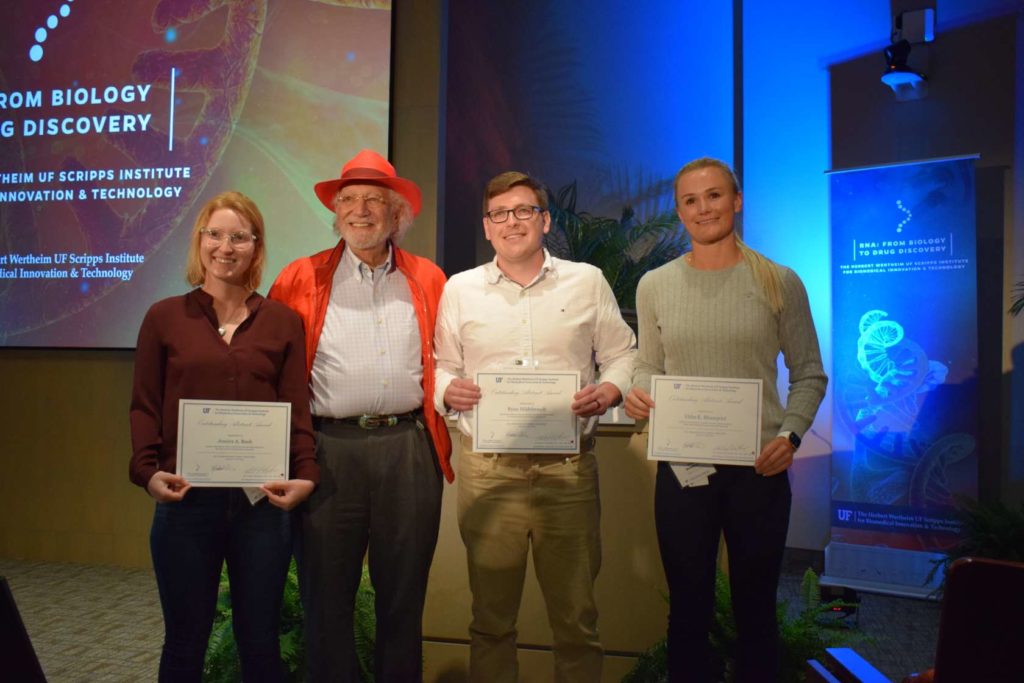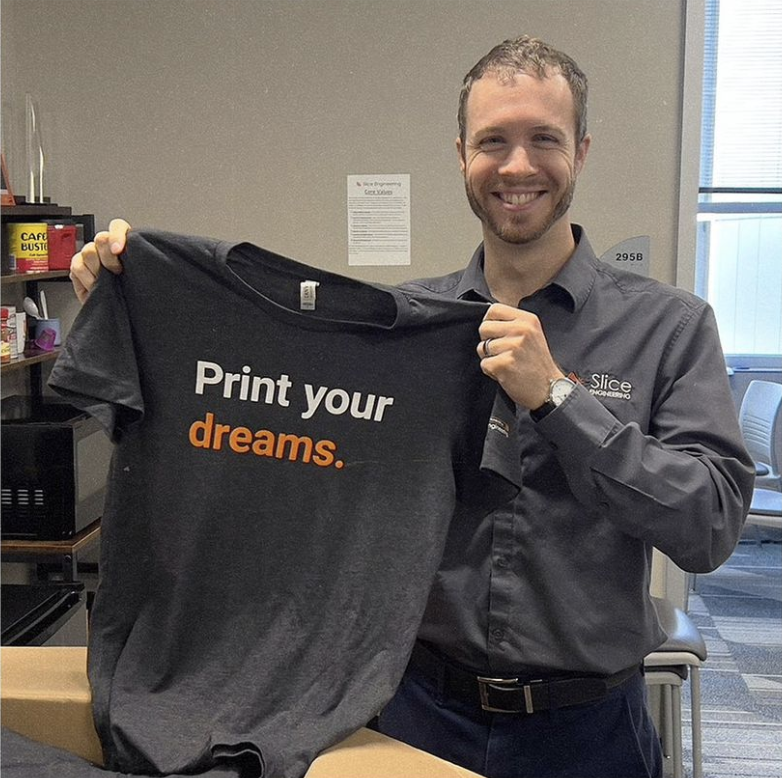Silver Nanoparticles Show Promise in Fighting Antibiotic-Resistant Bacteria

In a new study, scientists with the University of Florida found that a combination of silver nanoparticles and antibiotics was effective against antibiotic-resistant bacteria.
The researchers hope to turn this discovery into viable treatment for some types of antibiotic-resistant infections. Antibiotic-resistant infections kill more than a million people globally each year.
American Association for the Advancement of Science Honors 19 UF Faculty as Lifetime Fellows
The American Association for the Advancement of Science (AAAS), the world’s largest general scientific society and publisher of the Science family of journals, has elected 19 faculty from the University of Florida to its newest class, breaking previous records for the number of faculty awarded in a single year. The honor, which includes alumni such as Thomas Edison and W.E.B. DuBois, is among the most distinctive in academia and recognizes extraordinary impact and achievement across disciplines, from research, teaching, and technology, to administration in academia, industry and government, to excellence in communicating and interpreting science to the public.
RNA Symposium Attracts Thought Leaders in Basic and Translational Research to Jupiter, FL

More than 175 people attended “RNA: From Biology to Drug Discovery” at The Herbert Wertheim UF Scripps Institute for Biomedical Innovation & Technology. It was the first major scientific conference at the institute since the pandemic began, and so researchers relished the opportunity to share recent work and reconnect. The conference attracted 18 impressive outside speakers, including multiple Howard Hughes Medical Institute investigators, members of the U.S. National Academy of Sciences and the Institute of Medicine. Incoming Max Planck President-Elect Patrick Cramer, Ph.D., shared his structural studies of the machinery underlying DNA transcription, featuring riveting imaging of transcription complexes in motion.
Startup Spotlight: Slice Engineering

Imagine 3D printing a body part for a major organ transplant surgery to save a person’s life. The backgrounds of both co-founders, Daniel Barousse and Chris Montgomery, have been influenced by this incredible technology. Their curiosity and insights into creating a better and more dynamic 3D printing experience for their clients were the geneses of UF Innovate | Accelerate client resident, Slice Engineering.
UF/IFAS Helps Floridians Launch Food Business Dreams

After 10 years as an educator, Smith wanted a new adventure.
“I thought of what I enjoyed doing, but none of those things were appealing to me to do as a business,” she said. “Except for making fried lentils. For me, making lentils was very relaxing. Not only that, but everybody loved my lentils. It’s a favorite family snack.”
At first, Smith put the idea on the backburner, thinking it might not be feasible.
“I thought that I would immediately have to get my product in stores, and I had no idea how to do that,” she said. “I didn’t even originally attend the Extension cottage food course with the intention of starting my own business. It was to support someone else. But once there, a lightbulb went off. I realized I could do this.”
Florida Welcome a New Era in Agricultural Advancements
Analyzing crops in the field once took several weeks, involved lots of labor and wasn’t always accurate. Today, that work can now be completed with the quick flight of an unmanned aerial vehicle (UAV) and the use of artificial intelligence (AI) to interpret the data. As the UAV flies over the crop, every second it snaps images that programs using AI can analyze, visualize and convert into usable information.
Best Places To Live in Florida in 2023

Florida has been a long-time favorite destination for retirees. But in the past few years, working households have been flocking to the state for promising career opportunities, a relatively low cost of living and no state income tax. Not to mention the mild winters and approximate 825 miles of beaches along the Atlantic Ocean and Gulf of Mexico that sprawl across the peninsula and panhandle.
IPOs Could Be Headed for a Rocky Road in 2023
Initial public offerings appear likely to remain sluggish for at least several months to start 2023, while special purpose acquisition companies, which provide businesses with alternative paths to public listings, face headwinds of their own. Hear what University of Florida professor Jay Ritter, has to say about a possible IPO drought.
Genetic Cause of Als and Dementia Repaired by RNA-Targeting Strategy Developed at UF Scripps

Scientists at UF Scripps Biomedical Research have developed a potential medicine for a leading cause of ALS and dementia that works by eliminating disease-causing segments of RNA. The compound restored the health of neurons in the lab and rescued mice with the disease.
Biogen and Alcyone Therapeutics Announce License and Collaboration Agreement To Evaluate a Novel Device To Improve Patient Experience and Access to Neurological Aso Therapies
Biogen Inc. and Alcyone Therapeutics have entered into a license and collaboration agreement to develop Alcyone’s ThecaFlex DRxTM System, an implantable medical device intended for subcutaneous delivery of antisense oligonucleotide (ASO) therapies into the intrathecal space. Through this agreement, Biogen aims to leverage the ThecaFlex DRxTM System with a goal of improving the patient treatment experience and accessibility for a broader population of people suffering from neurological disorders, such as spinal muscular atrophy (SMA) and amyotrophic lateral sclerosis (ALS).
